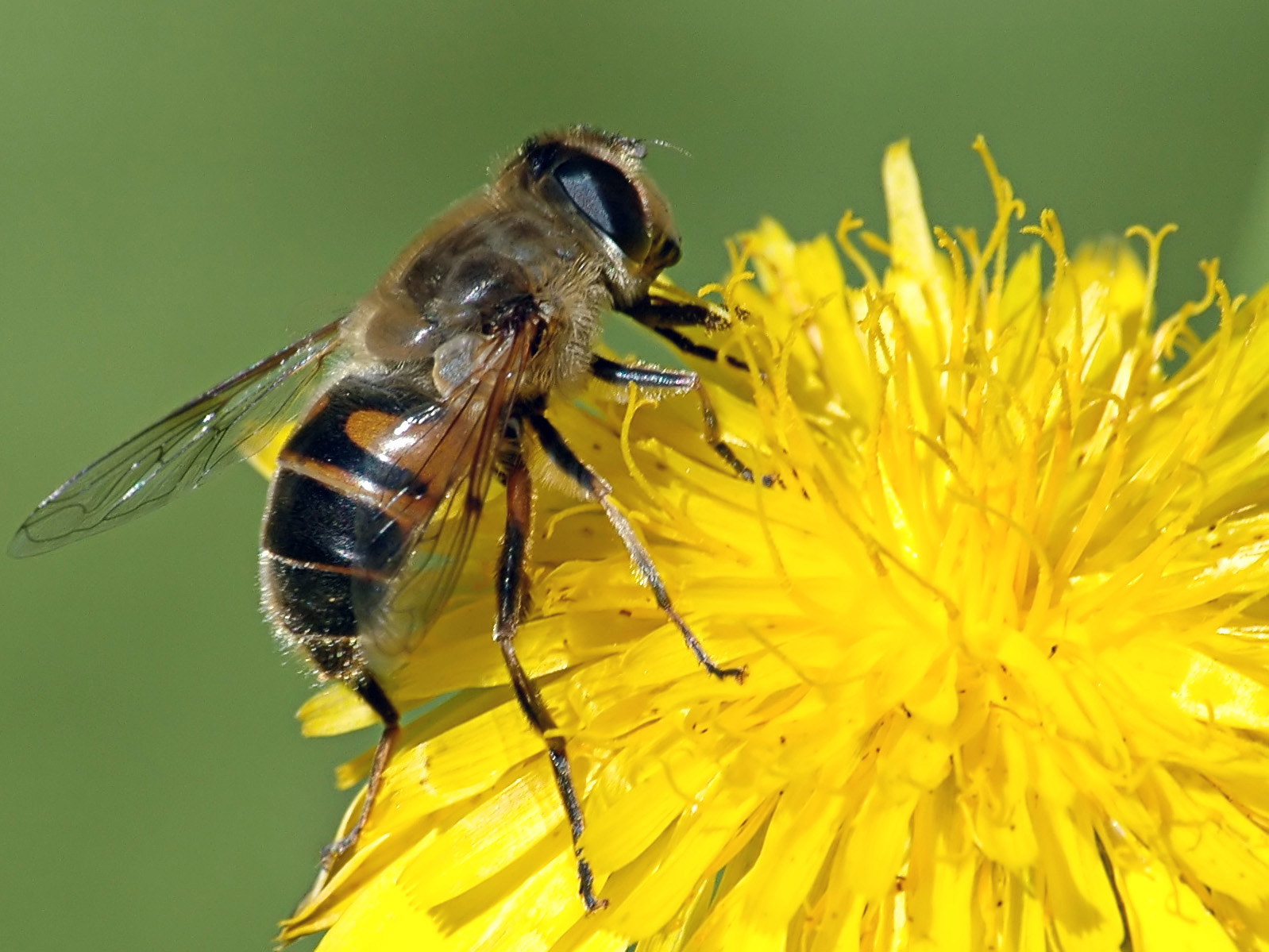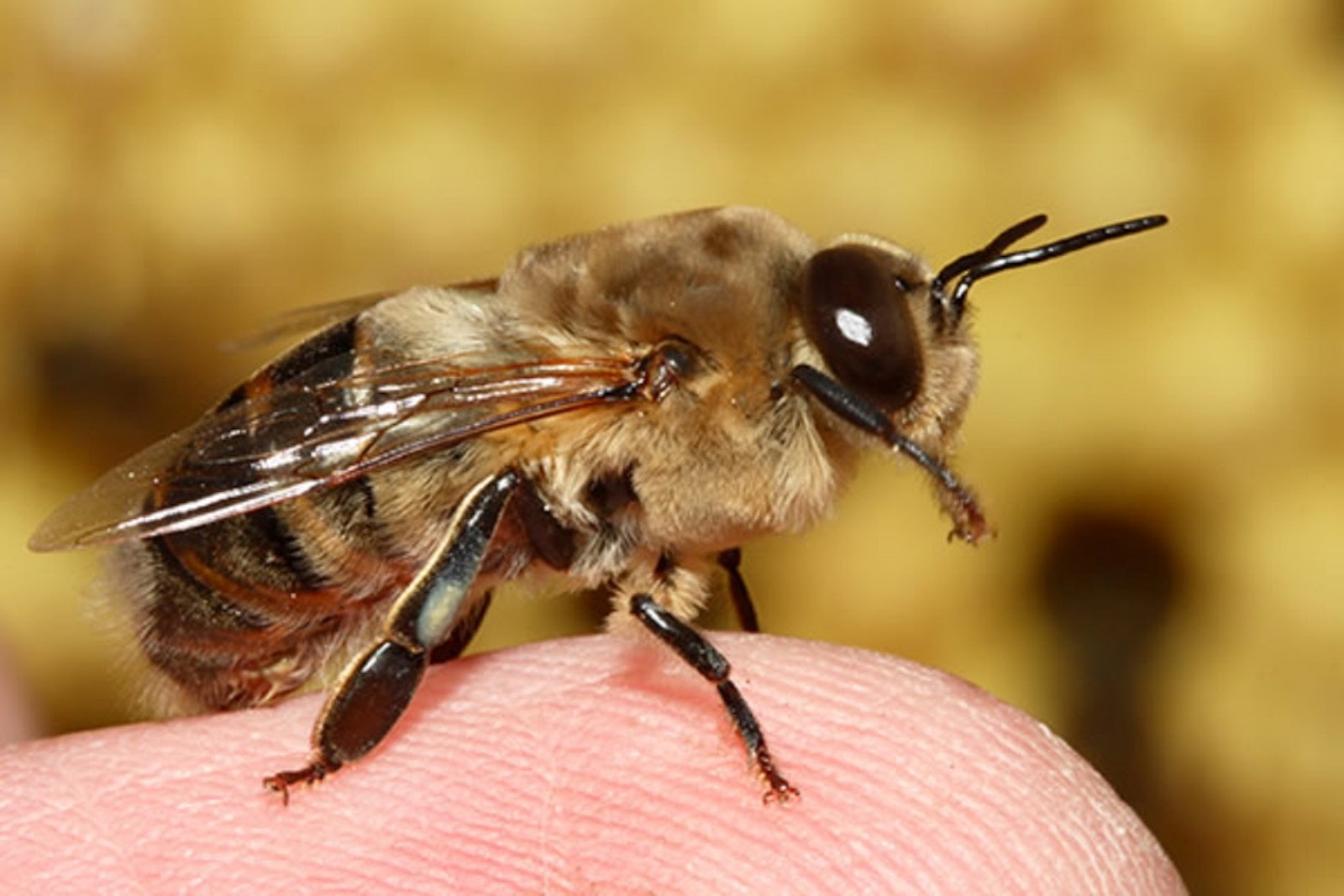Introduction to Abejas
Abejas, or bees, are one of the most essential creatures in our ecosystem. In 2024, the appreciation and understanding of these tiny yet mighty insects have never been more critical. Bees play a pivotal role in pollination, which is essential for the production of fruits, vegetables, and nuts. Without abeja, our global food supply would be in jeopardy, and biodiversity would suffer immensely. This article will guide you through the world of abeja, providing insights, tips, and reviews on how we can better support these incredible insects in our everyday lives.
The Role of Abejas in Pollination
Pollination is a natural process that is crucial for plant reproduction, and abeja are among the most effective pollinators. In 2024, as we continue to face environmental challenges, the role of abeja has garnered significant attention. These insects transfer pollen from one flower to another, facilitating fertilization and the production of seeds and fruit. This process is vital for the diversity and abundance of plant species, directly impacting the food supply for humans and other animals. Understanding the role of abeja in pollination can help us appreciate their importance and motivate us to protect their habitats and natural environments.
Threats Facing Abejas Today
Despite their importance, abeja are under threat from various factors. In 2024, climate change remains a significant threat, altering the natural habitats and migration patterns of many bee species. Pesticides and chemicals used in agriculture also pose a danger, impacting bee health and reducing their populations. Habitat loss due to urbanization and deforestation further exacerbates these challenges. Understanding these threats is the first step towards taking action to protect abeja. By supporting sustainable practices and advocating for bee-friendly policies, we can help mitigate these threats and ensure a future where abeja continue to thrive.
Creating Bee-Friendly Gardens
One of the simplest yet most effective ways to support abeja is by creating a bee-friendly garden. In 2024, gardeners and homeowners are increasingly taking steps to make their outdoor spaces more welcoming for bees. Planting a variety of flowering plants that bloom at different times of the year ensures that abeja have a consistent food source. Avoiding the use of pesticides and opting for organic alternatives can help protect bees from harmful chemicals. Additionally, providing a water source and creating nesting sites using bee hotels or leaving patches of bare soil can further support local bee populations. By making these small changes, we can create havens for abeja right in our backyards.
Choosing the Right Plants for Bees
Selecting the right plants is crucial for attracting and supporting abeja. In 2024, native plants are favored as they are well-adapted to the local climate and provide essential resources for native bee species. Plants such as lavender, sunflowers, and coneflowers are excellent choices, offering nectar and pollen that bees need to thrive. It's also important to consider the color and shape of the flowers, as bees are attracted to certain hues and forms. By incorporating a diverse range of plants in your garden, you can create a vibrant and bee-friendly environment that supports abeja throughout the year.
Understanding Bee Behavior
A deeper understanding of bee behavior can enhance our appreciation for these incredible insects. In 2024, research continues to shed light on the complex social structures and communication methods of abeja. Honeybees, for example, exhibit remarkable teamwork and division of labor within their hives. Each bee plays a specific role, from workers collecting nectar and pollen to the queen laying eggs. Bees communicate through intricate dances and pheromones, conveying information about food sources and potential threats. By observing and learning about bee behavior, we can gain insights into their needs and how best to support them in our environments.
Benefits of Supporting Abejas
Supporting abeja brings a multitude of benefits, both for the environment and for ourselves. In 2024, the recognition of these benefits has led to increased efforts in bee conservation. By promoting bee health and diversity, we contribute to a more resilient ecosystem. Bees help increase crop yields and improve the quality of fruits and vegetables, impacting food security and nutrition. Moreover, engaging with nature and supporting abeja can have positive effects on our mental health and well-being, offering a sense of connection and purpose. By taking steps to protect abeja, we create a win-win situation for the planet and ourselves.
Innovations in Bee Conservation
The year 2024 has seen exciting innovations in bee conservation, driven by technology and community efforts. From AI-powered monitoring systems that track bee health and populations to mobile apps that educate and engage the public, technological advancements are playing a crucial role in conservation efforts. Community initiatives such as urban beekeeping projects and educational workshops are also gaining momentum, fostering a sense of responsibility and stewardship for abeja. These innovations and initiatives highlight the collaborative efforts needed to protect bees and ensure their survival for future generations.
Getting Involved in Bee Conservation
Getting involved in bee conservation is easier than you might think. In 2024, numerous opportunities exist for individuals and communities to make a difference. Supporting local beekeepers and purchasing honey from sustainable sources can contribute to the health of bee populations. Volunteering for local conservation organizations or participating in citizen science projects can also provide valuable support. By staying informed about bee-related issues and advocating for policies that protect abeja, we can all play a part in their conservation. Every action, no matter how small, contributes to a larger movement towards a sustainable and bee-friendly future.
Conclusion: Celebrating Abejas
In 2024, the celebration and conservation of abeja are more important than ever. These remarkable insects are vital to our ecosystems and play a crucial role in our food supply. By understanding their importance, supporting their habitats, and advocating for their protection, we can ensure that abeja continue to thrive. As we move forward, let us celebrate the abeja and all they do for our planet. Together, we can create a world where bees and humans coexist harmoniously, benefiting from the diverse and bountiful contributions these incredible insects provide. Let us take this opportunity to appreciate, learn, and take action for the future of abeja.
You Might Also Like
Understanding MESP: A Comprehensive Guide For 2024Exploring The World Of Florida Tile: A Comprehensive Guide For 2024
Discovering The Allure Of Georges At The Cove: A 2024 Guide
Kampai: A Deep Dive Into Japan's Toasting Tradition
Discovering The Charm Of Prohibition Kitchen: A Culinary Journey In 2024
Article Recommendations
- Majestic Great Wall Of Madison An Architectural Marvel
- Marvelous Renata Friedman Unlocking The Secrets Of Insert Suffix
- Discover The Unseen Beauty Of Ruskin Cave A Photographers Dream
- Discover The Ultimate Guide To 4401493 Your Comprehensive Resource
- The Ultimate Guide To Frank Rafaraci Your Source For Expert Insights
- Discover The Love Story Of Jared And Pandora A Journey Of Hearts
- Amazing Cliff Richard Tshirts Show Your Love For The Music Legend
- Meet Jonathan Lively A Hollywood Icon
- Matt Kauligs Wife Meet Lisa Kaulig The Former Nascar Driver
- Explore Garrett Hedlunds Latest Tour Dates


